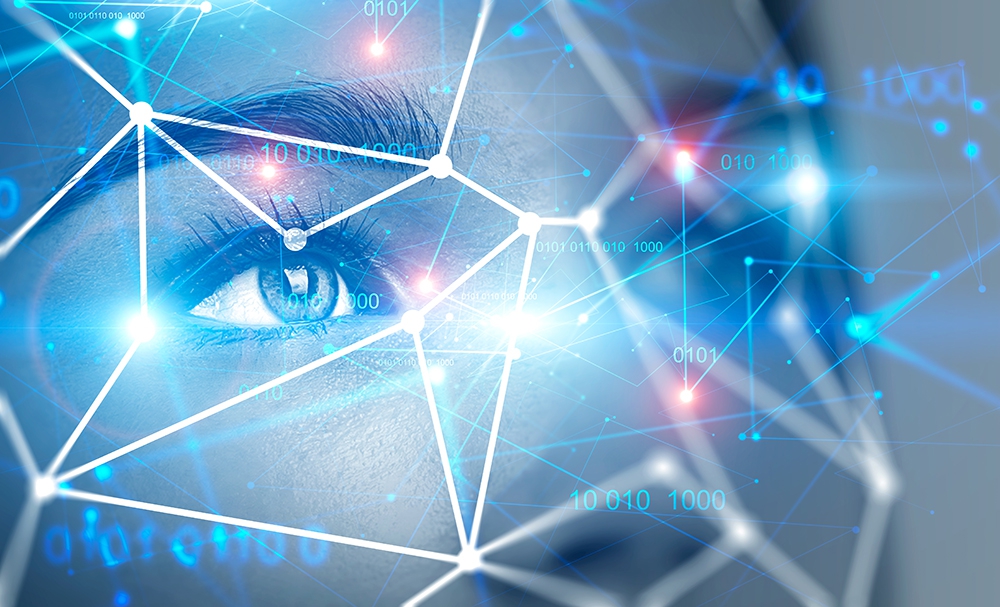Facial recognition is a violation of privacy, News Poll results show Respondents point out need for more oversight to regulate use of facial recognition technology to improve security systems

By Cory Harris, Editor
Updated 2:12 PM CST, Tue February 21, 2023

YARMOUTH, Maine—Facial recognition technology can be considered a violation of people’s privacy and discriminatory, even with the security benefits that the technology is intended to provide, according to the results of the March 2023 Security Systems News Poll.
The issue of whether facial recognition technology violates people’s privacy came to light in November 2022, when Madison Square Garden utilized its biometric data to prevent a lawyer at a firm that has pending litigation against one of MSG’s holdings from entering Radio City Music Hall’s Rockettes’ Christmas show with her daughter’s Girl Scout troop, even though she was not the actual lawyer involved in the lawsuit.
"MSG instituted a straightforward policy that precludes attorneys pursuing active litigation against the Company from attending events at our venues until that litigation has been resolved,” MSG said in a statement after the incident with the lawyer was made public.
Of those who responded to our News Poll, 57 percent said that facial recognition technology violates the privacy of those who are screened, although nearly 24 percent noted that it “may be” viewed as a violation of people’s privacy. Nineteen percent of respondents stated they did not feel that facial recognition technology violates people’s privacy and is not discriminatory.
“Facial recognition should be treated the same as DNA's privacy concerns. The use of it can be considered a violation of privacy as well,” one reader noted.
Another respondent stated, “Although facial recognition has many good uses, it can also be used for much more personal violations of privacy. We are seeing backlash all around the world as citizens cut down camera polls in cities to stop the intrusion into their personal lives.”
As the issue of privacy and discrimination versus security and safety rages on when it comes to the use of facial recognition technology, we asked readers whether biometric data be permanently destroyed when the initial purpose of collecting such data has been completed.
Nearly 81 percent of respondents said that biometric data should be permanently destroyed when the initial purpose for collecting such information has been satisfied, with 9.5 percent saying it should not be permanently destroyed, and another 9.5 percent stating that maybe the biometric data should be destroyed for good.
“I believe it should be used in limited places with strict rules for data storage and destruction,” one reader said regarding biometric data.
When asked if there should be more oversight to regulate the use of facial recognition technology, when it comes to improving security systems in the public and private sector, more than 71 percent of our readers approved the use of more oversight, 19 percent said there should not be more oversight, and 9.5 percent saying that maybe there should be more control over its use.
There’s no question that the debate about using of facial recognition technology in the security space will continue for a long time to come, prompting one reader to state, “I’m happy to be retired and not have to deal with this difficult issue. I'm sure it will be argued and litigated forever.”
Take a crack at our April News Poll on securitysystemsnews.com as we ask you for your feedback on the whole remote work phenomenon and how it has affected your security posture.
Comments